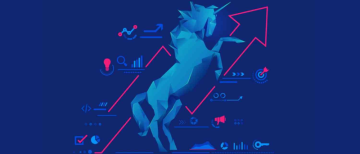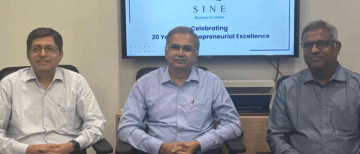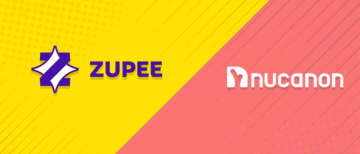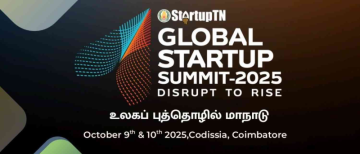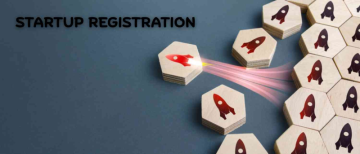For millions of professionals around the world, navigating the US visa process can feel like solving a never-ending puzzle — filled with delays, uncertainty, and endless paperwork. But one Indian-origin techie who’s lived through that struggle herself is now using artificial intelligence to fix it.
Priyanka Kulkarni, a 34-year-old machine learning scientist and former Microsoft employee, has founded Casium, an AI-powered startup that aims to simplify and accelerate the employment-based immigration process. Her goal is ambitious yet deeply personal: to bring speed, accuracy, and transparency to a system long criticized for being slow, confusing, and unpredictable.
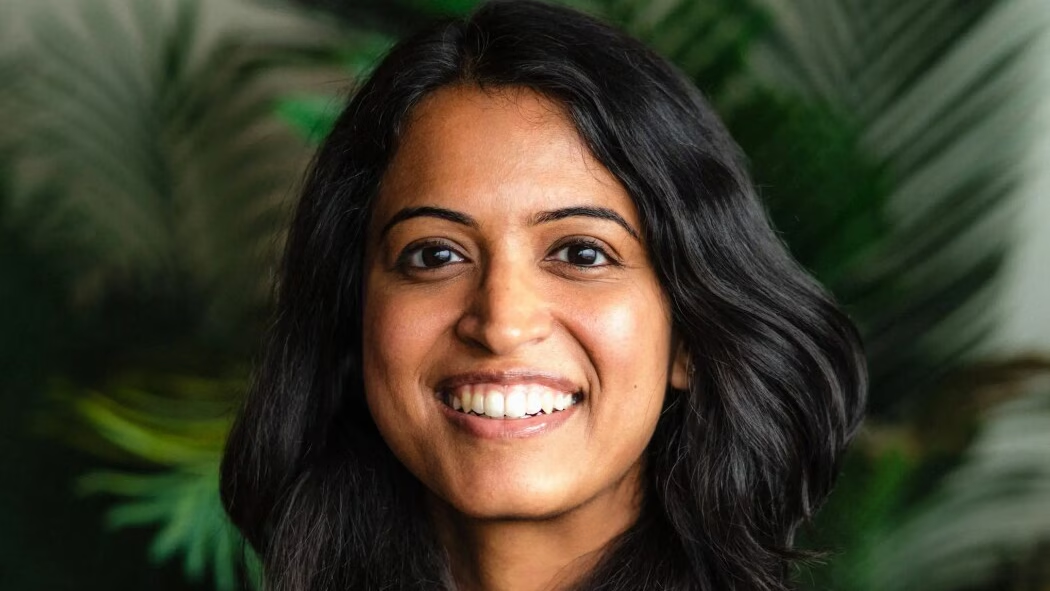
A Tech-Driven Answer to a Broken System
Casium’s flagship offering is a digital platform that enables employers to manage visa cases from start to finish—all within a single, seamless portal. The platform replaces traditional manual processes, such as handling endless Excel spreadsheets or relying heavily on expensive immigration law firms.
According to Business Insider, Casium’s system has already helped hundreds of applicants with everything from eligibility assessments and compliance checks to the actual filing process—reportedly achieving an exceptionally high approval rate.
Kulkarni said that Casium’s AI-driven tools can reduce paperwork preparation time from the traditional three to six months (when handled by law firms) to fewer than ten business days. Moreover, the platform detects potential errors that could lead to application rejections, helping candidates and employers save both time and money.
Casium also offers free initial assessments and charges a flat fee for each filing, based on the visa type. The company is currently developing a subscription model to make the service even more accessible and predictable for frequent users.
How Casium Works
So, what exactly makes Casium different from other immigration services?
The process begins when an applicant fills out a simple intake form on the platform. Casium’s proprietary AI system then deploys intelligent “agents” that automatically analyze public data sources, including research publications, patents, and professional profiles, to build a comprehensive view of the candidate’s background and expertise.
Within minutes, the software produces a detailed dossier outlining potential visa eligibility. The report is then reviewed by licensed immigration attorneys and paralegals affiliated with Casium, who recommend the most suitable visa category—be it an H-1B, O-1, or EB-1A (the so-called Einstein visa).
With just one click, the system can generate a draft attorney letter summarizing the applicant’s qualifications and outlining eligibility criteria. What once took several months of manual work and back-and-forth with legal teams can now be done in under two weeks.
This automation-driven approach not only reduces delays and costs but also ensures greater accuracy and compliance, minimizing the chances of visa rejections due to paperwork errors.
Building Resilience in a Volatile Policy Landscape
Casium’s technology is designed with the volatile nature of immigration policy in mind. For instance, Kulkarni recalls the Trump administration’s executive order that proposed a shocking $100,000 fee per new H-1B visa application—a policy that caught many employers off guard.
That proposal sparked lawsuits from major business organizations, including the U.S. Chamber of Commerce, and underscored how unpredictable the immigration environment can be.
Casium’s platform, therefore, isn’t just about convenience—it’s built to help both employers and candidates adapt quickly to policy changes and maintain compliance without losing time or opportunities.
As Kulkarni put it, her mission is to bring “speed and transparency to a system often mired in delays and confusion.”
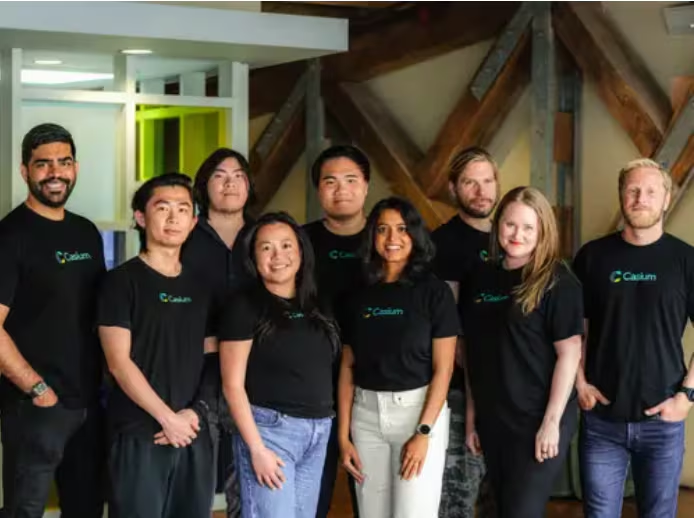
Who Is Priyanka Kulkarni? The Mind Behind Casium
Born and raised in India, Priyanka Kulkarni holds a Bachelor’s degree in Computer Engineering from the University of Mumbai. Driven by a passion for mathematics and data, she later earned a Master’s degree in Applied Mathematics from Johns Hopkins University’s Whiting School of Engineering.
Her career began at Microsoft, where she was hired straight out of college on an H-1B visa—a program that allows U.S. companies to employ foreign workers in specialized roles. At Microsoft, Kulkarni spent nearly a decade as a machine learning scientist, helping to develop AI strategies for enterprise products like Microsoft Office.
While the work was fulfilling, the visa process was not. Kulkarni has openly described her experience as “exhausting, confusing, and at times very career-limiting.” The bureaucratic constraints of being tied to a single employer under an H-1B visa made her feel trapped, despite her accomplishments and contributions to cutting-edge AI technology.
From Personal Struggle to Startup Vision
After nine years on temporary visas, Kulkarni decided to take control of her situation. When she was accepted into Seattle’s AI2 Incubator—a program known for nurturing high-impact AI startups—she immediately applied for an EB-1 visa, often called the “Einstein visa” for individuals with extraordinary abilities.
Even with her qualifications, the process was grueling. It took her three months of coordination with a law firm to compile the necessary paperwork.
So when a managing director at the incubator asked her on her first day what she wanted to build, her answer came instantly: “Immigration tech.”
She recalls saying, “Everything I’ve done has culminated to this point.”
And so, Casium was born—a startup that combines her deep technical expertise with her personal experience as an immigrant navigating America’s complex visa system.
Casium’s Early Success and Funding
Founded in 2024, Casium quickly drew attention from both investors and the tech community. The company recently raised $5 million in seed funding, led by Maverick Ventures, with participation from AI2 Incubator, GTMfund, Success Venture Partners, and angel investor Jake Heller—whose company Casetext was acquired by Thomson Reuters in 2023.
While Casium has not yet disclosed its valuation, its growing traction and glowing early reviews suggest that the startup is poised to make a major impact in the immigration technology space.
For employers, it promises a simpler, faster, and more affordable way to manage visa cases. For candidates, it offers clarity and peace of mind in a system that has long been criticized for its opacity.
The Larger Problem Casium Is Trying to Solve
America’s immigration system, particularly the employment-based visa process, has long been plagued by inefficiencies. From backlogs in processing to frequent policy changes and reliance on outdated manual tools, both applicants and employers often face months—if not years—of uncertainty.
The H-1B visa, in particular, has become a symbol of this frustration. Each year, the program is oversubscribed, forcing the U.S. government to hold a lottery to determine which applicants can proceed. Even for those who win, the rules can shift suddenly due to executive orders, legal challenges, or administrative delays.
For many skilled workers—especially from countries like India—the result is years of waiting, anxiety, and career stagnation.
Kulkarni, having personally endured that system, understood that technology could be the great equalizer—streamlining repetitive processes, catching human errors, and guiding applicants more efficiently through legal complexities.
A Future Where Immigration Meets Automation
Casium’s vision extends beyond simplifying paperwork. Kulkarni envisions a future where AI can dynamically interpret immigration laws and adapt filings in real-time, allowing companies to stay compliant as regulations evolve.
The startup also plans to expand its offerings beyond the U.S., exploring opportunities to simplify visa and residency processes in other countries with similar bureaucratic hurdles.
Kulkarni’s ultimate goal is to make immigration accessible, transparent, and fair for everyone—something she wished she had when she began her own journey.
From Frustration to Empowerment
Priyanka Kulkarni’s story isn’t just about technology—it’s about turning personal frustration into innovation. From a young woman in Mumbai with dreams of working in global tech to a Microsoft scientist navigating the U.S. visa maze, she’s now transforming that struggle into a platform that could help thousands of others.
As Casium grows, it stands as a reminder that the best innovations often come from lived experience—and that with the right technology, even the most complex systems can be made human again.
With inputs from agencies
Image Source: Multiple agencies
© Copyright 2025. All Rights Reserved. Powered by Vygr Media.











